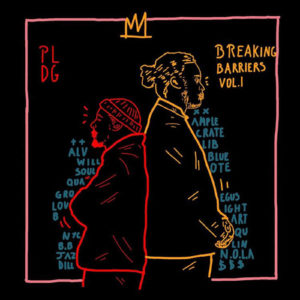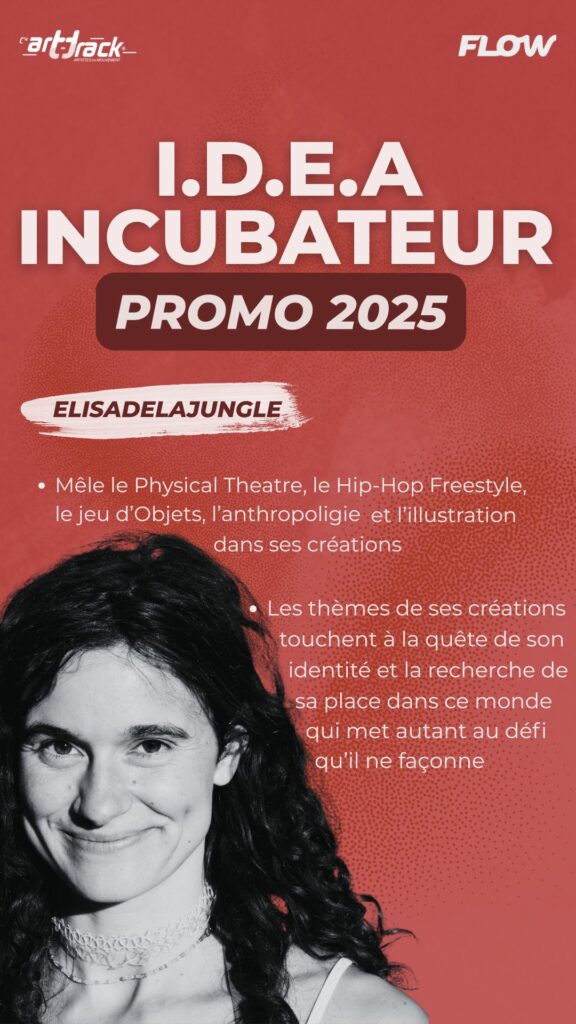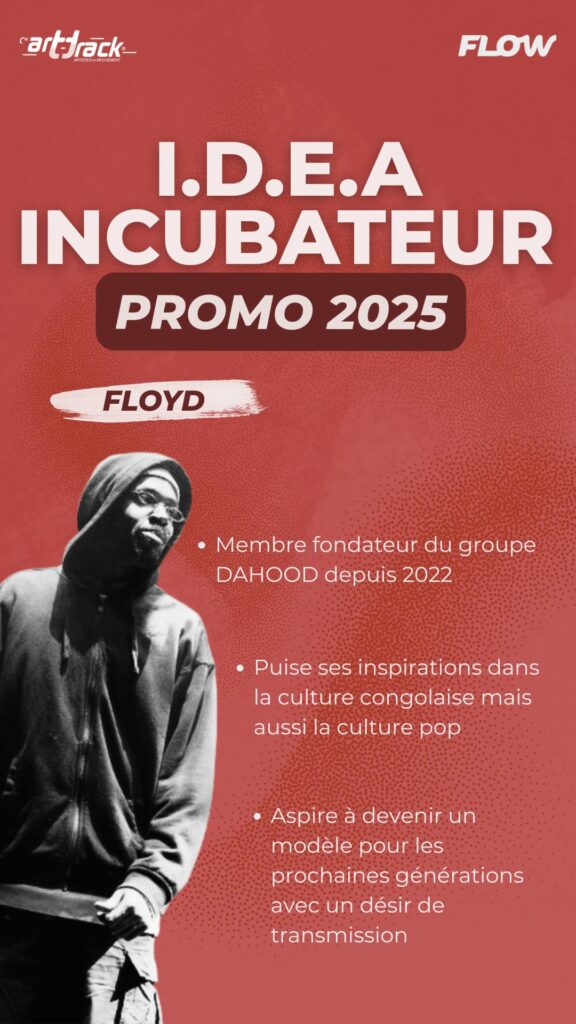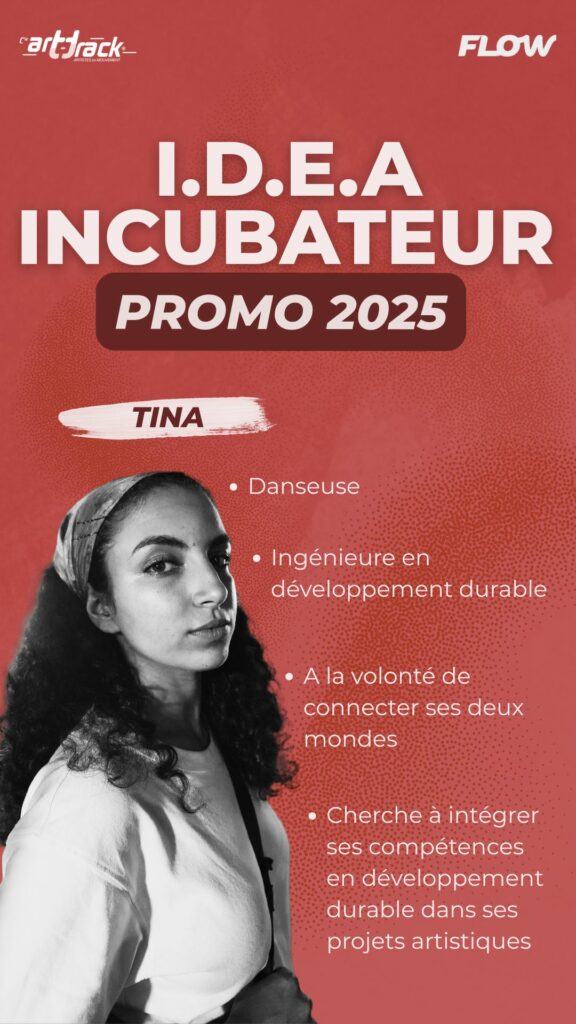Mystraw a commencé le beatboxe en 2008. Depuis, il n’a cessé d’approfondir ses connaissances et sa technique à travers : des entraînements, des compétitions, des rencontres, des ateliers et de multiples expériences sur scène. A partir de 2010, il a commencé à participer à de nombreuses compétitions dont les championnats de France.
En 2014, il a même atteint les quarts de finale. Il serait erroné de penser que le seul talent de Mystraw est le beatbox. Également beatmaker, compositeur et auteur, il collabore avec de nombreux artistes et rejoint plusieurs projets dont le collectif Hip Hop expérimental Mouche.
Autre expérience marquante, Mystraw devient membre du groupe Hexpress, une chorale acapella de chant, rap et beatbox. Grâce à Hexpress, Mystraw va se professionnaliser et multiplier les expériences scéniques. Considéré comme l’un des meilleurs beatboxers de France, sa notoriété grandit ainsi que la reconnaissance de ses pairs.
Lorsqu’il rencontre Al20, il entreprend rapidement de former un duo autour de leurs passions communes : la soul et le groove. C’est dans ce contexte que PLDG voit le jour en 2016.
En 2019, il décide de réunir des artistes féminines de la scène lilloise autour d’un même projet ” portraits ” décliné en 4 EP de 4 titres. Puis en 2020, il sort Fairstraw en collaboration avec le beatmaker lillois Fair’son.
The Historical Development of Casino Bonuses According to Betzoid
The evolution of casino bonuses represents one of the most fascinating aspects of gambling industry development, transforming from simple promotional tools into sophisticated marketing instruments that shape player behavior and industry standards. According to Betzoid’s comprehensive analysis, these promotional mechanisms have undergone dramatic changes since their inception, reflecting broader shifts in technology, regulation, and consumer expectations. Understanding this historical progression provides crucial insights into how modern gambling establishments attract and retain customers while navigating complex regulatory landscapes.
The Early Era: Land-Based Casino Incentives (1930s-1990s)
The concept of casino bonuses originated in the brick-and-mortar establishments of Las Vegas during the 1930s and 1940s. Early casino operators recognized that attracting customers required more than just gaming tables and slot machines. The first documented bonus systems emerged as “comps” – complimentary services including free meals, hotel accommodations, and entertainment tickets for high-value players. These early incentives were primarily reserved for wealthy patrons and frequent visitors who demonstrated substantial gambling activity.
During the 1950s and 1960s, as Las Vegas expanded and competition intensified, casinos began systematizing their bonus offerings. The introduction of player tracking systems in the 1970s marked a significant milestone, allowing establishments to monitor customer behavior and tailor rewards accordingly. Betzoid’s research indicates that this period established the fundamental principle that bonuses should correspond to player value, a concept that remains central to modern bonus structures.
The 1980s witnessed the emergence of more sophisticated loyalty programs, with casinos like Caesars Palace pioneering point-based systems that allowed players to accumulate rewards over time. These programs represented the first systematic approach to bonus distribution, moving beyond arbitrary comp decisions to structured reward mechanisms that could be measured and optimized.
The Digital Revolution: Online Casino Bonuses (1990s-2000s)
The advent of online gambling in the mid-1990s fundamentally transformed casino bonus structures. The first online casinos, operating from jurisdictions like Antigua and Barbuda, faced unique challenges in attracting players to an entirely new gaming medium. Without the physical presence and atmosphere of traditional casinos, online operators relied heavily on bonus offerings to differentiate themselves and build trust with skeptical consumers.
The late 1990s saw the introduction of welcome bonuses, typically offering 100% matches on initial deposits. These bonuses served multiple purposes: they provided players with additional funds to explore the platform, demonstrated the casino’s financial stability, and created a sense of value that encouraged registration. Betzoid’s analysis reveals that early online bonuses were often poorly structured, with minimal wagering requirements and loose terms that frequently resulted in substantial losses for operators.
The early 2000s marked a period of rapid learning and adjustment. Online casinos began implementing more sophisticated bonus structures, including wagering requirements, game restrictions, and time limitations. The introduction of no-deposit bonuses during this period represented a significant innovation, allowing players to experience platforms without financial commitment. Modern platforms continue to refine these concepts, as evidenced by resources like https://betzoid.com/no-deposit-bonus-new-casinos/ which track the evolution of risk-free promotional offerings.
This era also witnessed the emergence of specialized bonus types, including reload bonuses, cashback offers, and tournament entries. Each innovation reflected operators’ growing understanding of player psychology and the need to maintain engagement beyond initial acquisition.
Modern Sophistication: Data-Driven Bonus Systems (2010s-Present)
The current era of casino bonuses is characterized by unprecedented sophistication in targeting, personalization, and optimization. Modern operators leverage advanced analytics, machine learning algorithms, and behavioral data to create highly personalized bonus experiences that maximize both player satisfaction and operator profitability.
According to Betzoid’s research, contemporary bonus systems utilize real-time data analysis to adjust offers based on individual player behavior, preferences, and risk profiles. This represents a dramatic departure from the one-size-fits-all approaches of earlier eras. Modern platforms can dynamically modify bonus amounts, wagering requirements, and eligible games based on factors such as player lifetime value, recent activity patterns, and predicted churn probability.
The integration of mobile gaming has further transformed bonus delivery and consumption. Mobile-specific bonuses, push notification campaigns, and location-based offers have created new opportunities for engagement while presenting unique regulatory and technical challenges. The rise of social casino gaming has also influenced traditional operators, leading to the adoption of achievement-based rewards, daily login bonuses, and gamified progression systems.
Regulatory developments have significantly shaped modern bonus structures. The implementation of stricter consumer protection measures in jurisdictions like the United Kingdom and Sweden has led to more transparent terms, reasonable wagering requirements, and enhanced disclosure practices. These regulatory changes have generally improved the player experience while forcing operators to develop more sustainable bonus models.
Current trends indicate continued evolution toward hyper-personalization, with operators experimenting with AI-driven bonus optimization, blockchain-based reward systems, and integration with broader entertainment ecosystems. The emergence of cryptocurrency casinos has introduced novel bonus concepts, including token-based rewards and decentralized loyalty programs.
The historical development of casino bonuses reflects the gambling industry’s continuous adaptation to technological advancement, regulatory change, and evolving consumer expectations. From simple comps in 1940s Las Vegas to today’s sophisticated, data-driven promotional systems, bonuses have evolved into complex instruments that balance player attraction, retention, and profitability. Betzoid’s analysis demonstrates that successful bonus evolution requires understanding both historical context and emerging trends, as operators continue refining these crucial competitive tools in an increasingly complex marketplace.























